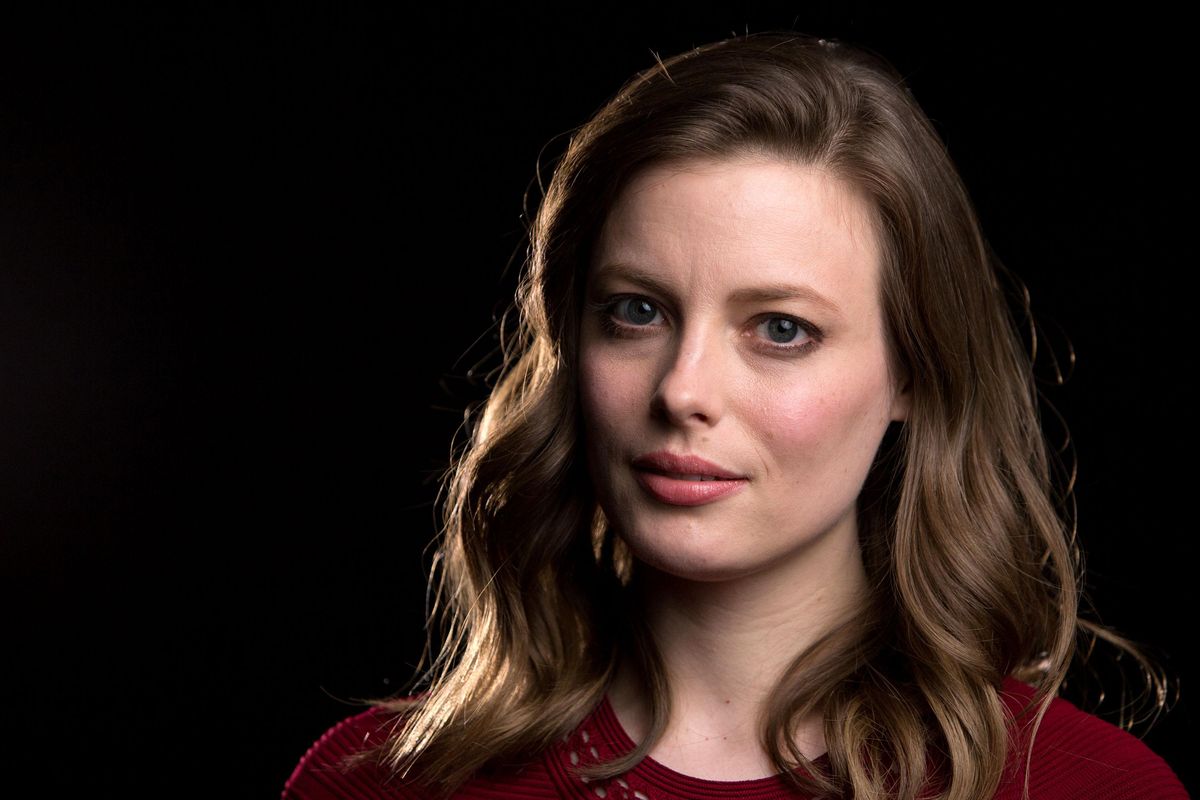The space between like and love, as seen on Netflix’s ‘Love’

The Netflix series “Love” is actually more about the stages of like. The second season, which premiered March 10 – spoilers ahead! – occupies the space between “I like you enough to date you” and “I like you enough to date only you.”
That space may seem narrow, but it’s quite vast. If you’re a Tinder-swiping millennial in your 20s or 30s, you know every nook and cranny of this space. You’ve probably spent a lot of time there, as most early relationships don’t make it to exclusivity.
“Love” is highly aware of the fragility of early relationships, when two people are not committed to each other but pondering it. Even in the best moments, on the best days, there can be a nagging sense of: This could end at any moment. One big revelation, one big fight, one long separation and the good feelings and momentum you’ve built might disappear.
Mickey (Gillian Jacobs) and Gus (Paul Rust) go into their relationship knowing it’s ill-advised. Mickey begins the season by telling Gus that she’s a sex-and-love addict and an alcoholic, and that she was planning to spend a year not dating. (Those in Alcoholics Anonymous are often advised not to start new relationships while beginning recovery.)
And so the central tension of the season, as Rust described it in an interview with Vulture, is not “will they or won’t they?” but “should or shouldn’t they?” Similarly, Lesley Arfin, Rust’s real-life wife and one of the show’s creators, said she was focused on what happens after the meet-cute: “What does it look like when there is no romance anymore and we’re on the couch in our sweats? Because I didn’t know. I was figuring out how people got together and stayed together.”
Should or shouldn’t they stay together? The healthy answer might be: They shouldn’t. Mickey should work on herself and battling her addiction. Gus should go out with a well-adjusted woman who’s not going to self-sabotage. But that would make for boring television.
Instead, Mickey and Gus forge ahead. But even in their sunniest of moments – such as their day-long date that meanders from Silver Lake to Venice Beach – there’s uncertainty in the air. For example, on a bridge over the Venice Canals, Mickey says to Gus: “This is the best day I’ve had in a long time.”
“Yeah, me, too,” Gus responds. “It’s funny, though. When something like this is going really well, I get like super-nervous, like: Oh, when is something bad going to happen and it’s all going to end?”
“Me, too,” Mickey says, turning the tables by asking Gus the worst thing he has ever done. It’s not that bad, and the viewer is left thinking that maybe these two will make it after all.
In the two months that follow, Mickey and Gus pass quite a few milestones that could have been tombstones for any other fragile early relationship. Mickey brings Gus to a work party, a situation that can be more awkward than meeting the parents. In the next episode, Gus does meet Mickey’s father, and somehow everyone survives.
Mickey throws a party to celebrate one of Gus’ professional victories, and their friends awkwardly intermingle. They have their first fights, which get pretty brutal. After just a month of dating, Gus leaves for a three-week work trip, and they ponder how this time apart could make or break them. And while he’s away, Mickey engages in behavior that, if Gus found out, certainly could break them.
He almost does find out. Faced with the prospect of losing Gus, Mickey commits to him. “I want to be in a relationship with you,” Mickey tells him. “I want to really try and work on this and be in a real adult relationship.”
“I want that, too,” Gus says. “I’m in.”
It’s not as if anyone is saying “I love you,” moving in or proposing marriage, those traditional hallmarks of a rom-com. But today, when it’s far easier to keep swiping than to commit to any one person, Mickey and Gus’ stick-to-itiveness is quite romantic. In 12 episodes, they progress from like to “pre-love.” What’s pre-love? It’s what one writer has called that feeling when “it’s too soon for those three small words,” but it feels like you’re headed there.
Pre-love is where Josh Chan (Vincent Rodriguez III) appears to be before he commits to Rebecca Bunch (Rachel Bloom) on the second season of “Crazy Ex-Girlfriend,” because he says those three little words almost immediately after they get back together. This in-between stage is also seen on “Girls,” which Arfin used to write for, when Shoshanna is dating a guy who tries to persuade her not to move to Tokyo by saying: “I’m gonna be in love with you soon.” (It doesn’t work for him, but good try, dude.)
If “Love” is insufferable at times, and it is, that may be partly because, in the real world, the early stages of a relationship can be just as dizzyingly fun and boring and hard as they are for Mickey and Gus. Almost-couples go through the thrill of meeting someone, the intense probability of losing them, all before making a commitment.
Nobody commits just because they like each other, especially today, with so many other potential partners at our fingertips. They commit because they can see themselves being in love with each other soon.